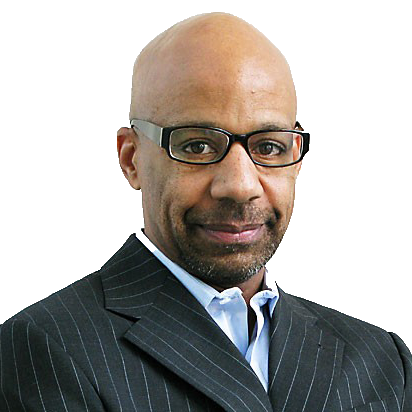
Kevin Blackistone
Biography
Kevin Blackistone was born in Prince George’s County Maryland. Blackistone attended Northwestern University in Chicago. While at Northwestern, Blackistone worked for the on-campus radio station, WNUR, where he read news leads and hosted his own jazz radio show. Blackistone also interned at Lerner Newspapers, the Chicago Reporter, and the Boston Globe during his tenure at Northwestern.
After graduating from Northwestern, Blackistone began working at the Boston Globe in 1981. While at the Boston Globe, Blackistone was offered a full scholarship to attend Boston University for graduate school. Eventually, Blackistone left the Globe to pursue a master’s degree.
Blackistone returned to the Chicago Reporter in 1983, where he reported on racial and social issues in and around Chicago. In 1986, Blackistone moved to Dallas, Texas, where he became a reporter for the Dallas Morning News. While at The Morning News, Blackistone covered business and economics and general assignments, including Nelson Mandela’s U.S. tour.
In 1990, Blackistone was offered a sports columnist position at the Dallas Morning News. Since then, he has covered an array of sporting events such as the Olympics, the World Cup, NBA Finals, the Super Bowl, and much more.
Interviewed by Felicia Houston
Iused to be a paperboy.
I delivered three papers in the Washington D.C. area, the Washington Post, the Daily News, which was an afternoon tabloid, and the Washington Star, which was an afternoon broadsheet.
It was hard not to read the newspaper while you were delivering them. So I became very familiar with the newspaper from delivering them house to house when I was a kid all the way up until my senior year of high school.
I really became interested in journalism in high school. Almost certainly by my junior year I had decided that that’s what I wanted to do.
The household I grew up in was very political because of my father, who was a community activist in his spare time. He had his own political organization and was very much involved in democratic politics in Prince George’s County, Maryland, as well as the state Democratic Party.
He was the type of person who would frequently write letters to newspapers in the area. He would sometimes write an op-ed piece in local newspapers on community issues. He knew quite a number of journalists in the area because they would interview him about issues that he raised or was involved in and as I got older and I was steeped in this environment I got to meet some of these journalists as well and I began to understand the importance of media, the changes it could make in society. I already enjoyed reading, writing, and history so that just really led me to journalism. Journalism is current day history. It seemed that I had a skill set for journalism.
I think people would say I’m very curious. I’m always asking questions and I’m not fearful of asking questions or challenging people.
I can remember in elementary school challenging one of my teachers about some fact that she had mentioned regarding something to do with the space mission. I remember coming back and telling my parents what the teacher said and that it wasn’t right, because I knew from reading whatever we had read about space missions that she wasn’t right. I remember they gave me the information to take back and show the teacher that she was incorrect.
So from an early age news had always interested me. I always liked watching the news, reading the newspaper, and listening to news broadcast on the radio. So it was something I was drawn to.
The first time I actively got involved in journalism was senior year in high school at Good Counsel, where I joined the newspaper staff. Our high school also offered an introductory course to journalism, which is where I first learned about the inverted pyramid and how to write in the past tense. It was very elemental.
For the newspaper, we wrote stories and edited stories, it was really rudimentary, but that was my first journalism experience. My one memory of that newspaper was writing a column about the reintroduction of the death penalty in the U.S, which happened in 1976 or 1977. I remember writing an editorial opposed to the reintroduction to the death penalty, it probably wasn’t very good but nonetheless I did research and I wrote it.
My freshman year at Northwestern I went to work for the campus radio station, which was WNUR 89.3 FM. My first job there was as a news reader so I would go in and rip stories off the Associated Press machine that would spit out stories, I would edit them down and then in between breaks of shows, I would read the news headlines of the hour.
Internships came during the course of my time at Northwestern. I went on to work for WNUR throughout my entire time at Northwestern. I went from doing news to sports to doing my own jazz show to being continuity director. I really liked radio.
Also during that time I had a job at Lerner Newspapers, which was a chain of community newspapers in and around Chicago. That was great because I would go out on assignments and write a story or two every week for which they would pay me. I used to cover high schools, community council meetings and I even got pulled in to cover a serial murder case that developed in Chicago.
During my junior year, Northwestern required you to take an internship off campus. The summer between my junior and senior year, I did an internship at the Boston Globe.
At some point at Northwestern I was taken under the wing of Nancy Rawles. She was a journalism student and was really good. She was working for a monthly news magazine in Chicago called the Chicago Reporter, which mainly covered racial issues in and around Chicago. She was an intern there and was about to graduate so she really encouraged me to try and follow in her footsteps because she knew what my political interests were.
I got a part-time job at a public relations firm that was owned by one of the co-founders of this particular magazine, Lillian Calhoun, a legend in journalism. She liked me and she vouched for me to replace Nancy Rawles as an intern at the Chicago Reporter.
So my senior year I really spent more at the Chicago Reporter in downtown Chicago writing stories more than I was in class. But it was the best experience I had ever had. Working at the Chicago Reporter my senior year was great, it was real journalism that impacted people’s lives.
After I graduated, my first job was at the Boston Globe, they really liked the job that I did the summer before as an intern, particularly when I worked on a story about a black kid who had been shot to death by cops. He was 14-years-old his name was Levy Hart. He was in a stolen car late one night in Boston and the cops chased him and something happened and the cops shot him and he ended up being killed. At the time the city of Boston was still kind of roiling in a number of racial problems because of busing that had happened in the 1970’s and reactionary white and black groups in Boston.
It was a difficult place to be. I got a call around 4 in the morning with my editor telling me that there was a shooting in the city and that they wanted me to go interview the family of the deceased.
I said okay where do I go and they told me to go to the morgue so I went to the Boston city morgue at 5 o’clock in the morning and waited for the family of this kid to appear.
I somehow managed to introduce myself and told them why I was there and they didn’t tell me to go away, they invited me to their house and I spent the next day and a half with this family member who had just lost their 14-year-old son in this shooting.
I reported everything back and I wrote some stories about it. It was the biggest story in the city of Boston that summer. Because of the job that I did, the Boston Globe offered me a job when I graduated.
While at the Boston Globe I was offered the Martin Luther King Fellowship to attend Boston University for graduate school. Eventually, I left the Globe to pursue a master’s degree full-time.
In the summer of 1983, some friends of mine approached me about going to Grenada. It was an organization called the National Alliance of Third-World Journalists (NATJ), which I had become a member of while I was in college and I used to go to their conventions, which I found to be intellectually stimulating.
In August of 1983, I went to Grenada with NATJ and we conducted the last interview, with the president of Grenada at the time, Maurice Bishop. That summer Grenada had fallen into the crosshairs of the Reagan administration because they believed Grenada was aligned with the Soviet Union and they were building a military airbase there, much like it happened in Cuba, which was a threat to the United States.
So we were down there interviewing people about that for about a week and a half, then we flew back and there were problems with our flight coming back. We got stranded for a night in Barbados and while we were in Barbados the United States consulate sent some people over to interview us about what we had been doing in Grenada. It was really discomforting, I remember that night we slept on the sidewalk outside the airport in Barbados then caught our flight the next morning.
Then that October the United States invaded Grenada and Maurice Bishop was assassinated. It was a mess in Grenada but I had been there. I witnessed who Maurice Bishop was and what how the government was trying to deliver goods and services to the people of Grenada.
Meanwhile I had been looking for a job and the Chicago Reporter got enough money to hire me full-time. So when I got back from Grenada I went back to work for the Chicago Reporter.
On April 21, 1986, I started working at the Dallas Morning News covering news. In 1990, while I was at the Dallas Morning News, a guy by the name of Dave Smith who is legendary in the industry offered me this chance to come back to the sports department and cover the business of sports. I initially told him no because I thought it was too narrow of a topic for me. My recollection is that I was never really interested in sports journalism. I’ve always played sports; I love sports; and I had covered sports before but not full-time.
A guy by the name of David Casstevens who was a columnist for the morning news left the newspaper to go write for a paper in Arizona. So there was a sports columnist opening. I wasn’t even thinking about writing a column because I had never even covered sports full-time but Dave Smith came up with an ingenious plan. He decided to diversify the columnists in the sports department, which had always been all white males. So he offered me a sports column, maybe twice a week.
I talked to Clarence Paige, my first journalism professor and I asked him if I should take the job and he said absolutely. I called Mike Wilbon, who was a year ahead of me at Northwestern and a lifetime friend. He had covered sports most of his career and he had just started writing a sports column and he told me I had to do it. And if I didn’t, he’d kneecap me. Then I called Bryan Burwell who was a friend of Wilbon’s and a sports columnist and he basically told me the same thing Wilbon said. He said he didn’t even know me but he’d still kneecap me if I didn’t take the position.
So with that advice I decided to take the plunge and just before I turned 30 years old I wrote my first sports column and I’ve been writing sports columns ever since. I always wanted to write a column and sports gave me the first opportunity to do that.
What kept me going is that sports can be a whole lot of fun. You can attend great games and travel across the country and world to sporting events. Secondly, just having a column space where you can express your point of view about something going on in the news which can generate reaction from so many readers is kind of exhilarating too, especially when you can get people to think differently about an issue or come to a conclusion about something. The importance of giving a viewpoint from someone who most of the public have never heard from before and, basically, I mean a black voice.
At the time I started writing a sports column there were only maybe four other black sports columnists in the country. There was an entire part of the media that spent most of it’s time covering the activities of black males like basketball and football and the entire prism from which these athletes were being covered had been constructed primarily by white males.
So you wonder how it is that black males, in particular gain the reputation that they have with the rest of society, which is heavily through the prism that media creates and that’s something that needs to be changed.
That’s’ why I got into journalism in the first place. I didn’t get into journalism just because I liked reading the newspaper; I got into it because I know the importance of media.
Sports and entertainment is an avenue where most of society becomes knowledgeable about black people. We don’t worship together, we really don’t go to school together, we don’t necessarily live together, but sports brings everybody together. I think it’s very important to have a lens constructed by people from the black experience shine on all these black athletes and the sport industry.
One of my most memorable experiences was covering the World Cup in South Africa in 2010. That was the first time that a black nation had been given the opportunity to host a global sporting event. It was huge, from the very moment I got on the plane to fly to Johannesburg when I look over to my right sitting a row or two behind me was Desmond Tutu. Then across my aisle to the left was the head of United Nations Ban Ki-Moon. I had studied South Africa for a while, I was involved in the anti-apartheid movement, so to go to a liberated South Africa and to see what it was striving to become after all that it had been through gave me goose bumps.
I went to Robben Island where Nelson Mandela had been locked up at, if you go to my Twitter page my background picture is shot from the inside of Nelson Mandela’s prison cell. The last news story that I had covered before moving to the sports side was actually Nelson Mandela’s tour of the United States. So that was a full circle moment. Events like that are more memorable than a sporting event. I love sports but I’m more interested in what sports mean rather than the outcome of games.
The biggest change in journalism is the advent of digital communications. It has changed everything in so many ways. Financially, on one hand it has eroded newspaper circulation to a point where newspaper corporations have drastically reduced staff or go out of business which has put people on the streets or forced people to find other ways to work.
On the other hand, for me, I was lucky enough to get tied into ESPN, so I’ve been plugged into a growing part of the business. Technology has changed who can collect information and disseminate it. So now anybody can portray himself or herself online as some sort of journalist which sometimes is troubling but sometimes its not.
I think journalism in particular is revolutionary but the advent of digital technology allows every citizen to practice journalism, which is extremely powerful. For example, if you look at Missouri’s football players, they were empowered like never before and the black lives matter movement, which was a social media movement made possible by digital technology.
So journalism has been made even more important nowadays than it ever was before just because people can put it to use within their own communities. Digital communication has made information, the most important commodity in the world, exponentially valuable now. Journalism is far more sophisticated now than it ever was. However there are some problems but there’s a lot more depth now than it ever was before.
Journalists should learn all the new tricks of the trade, don’t just pigeonhole yourself as one kind of journalist. Be curious and passionate. I think for the future of journalism its better to have people who are in it who understand and what to exercise the importance of it than wanting to get in it with hopes of becoming rich or the next millionaire anchor.
I think you need to understand the importance of journalism and the danger of it because information can be used in a dangerous way, so you need to be cognizant of that. You need to be as well versed as possible in whatever it is that you’re covering, hopefully everything.
Be drawn into doing original research and don’t be fearful of talking to people. Before you write anything make a phone call to at least one person. Now it’s easy to just turn on your computer and start typing but people forget to pick up a phone and call someone before they sit down and write.
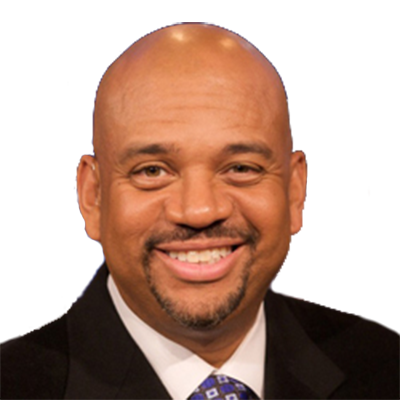 Michael Wilbon
Michael Wilbon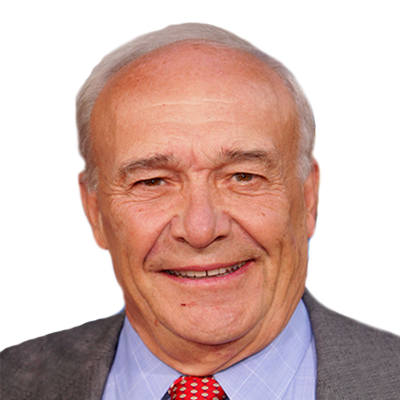 Bill Nack
Bill Nack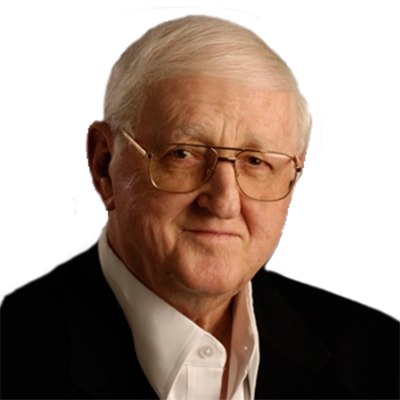 Dan Jenkins
Dan Jenkins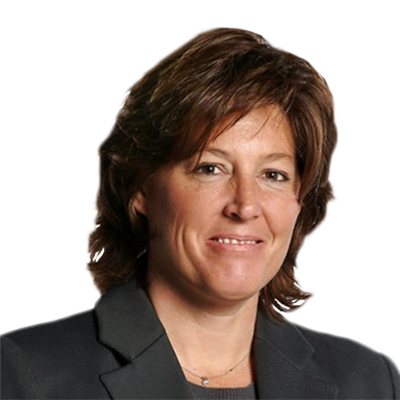 Sally Jenkins
Sally Jenkins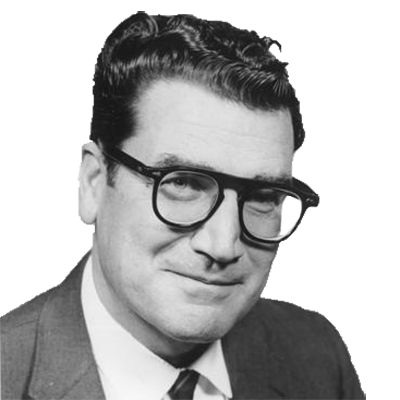 Jim Murray
Jim Murray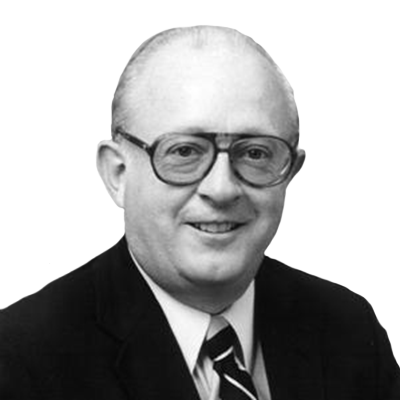 Dave Anderson
Dave Anderson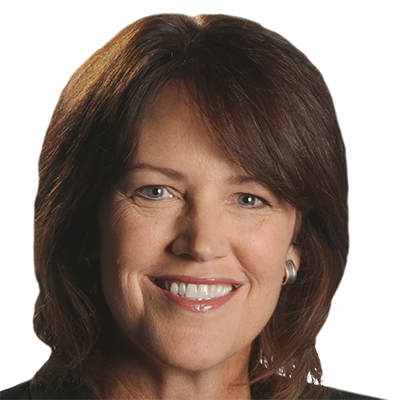 Christine Brennan
Christine Brennan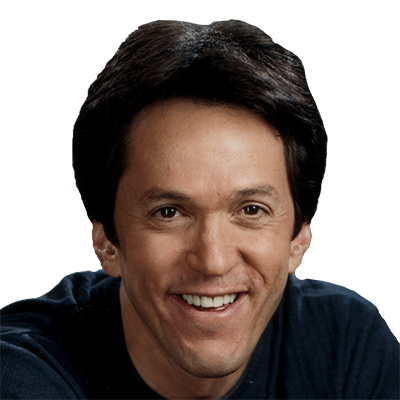 Mitch Albom
Mitch Albom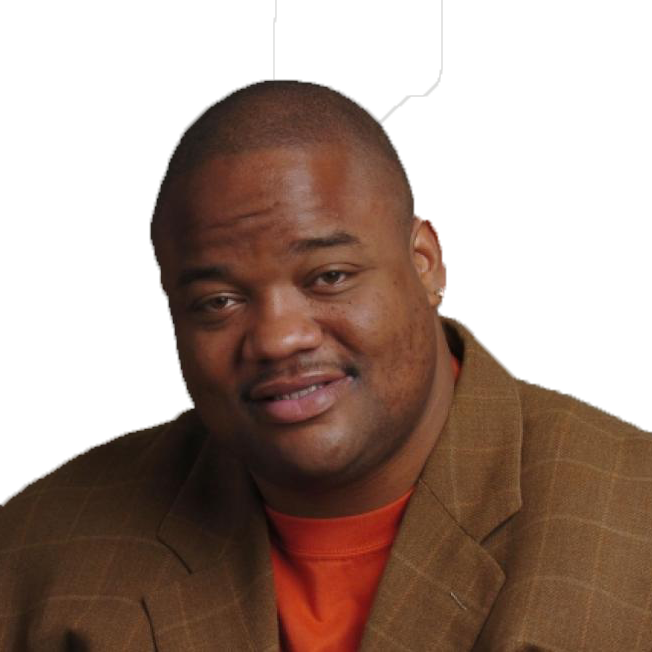 Jason Whitlock
Jason Whitlock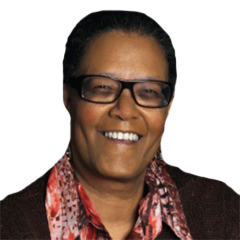 Claire Smith
Claire Smith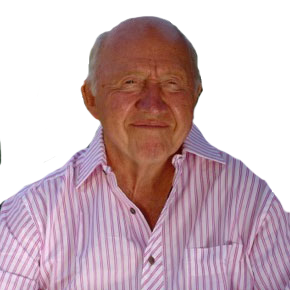 Bud Collins
Bud Collins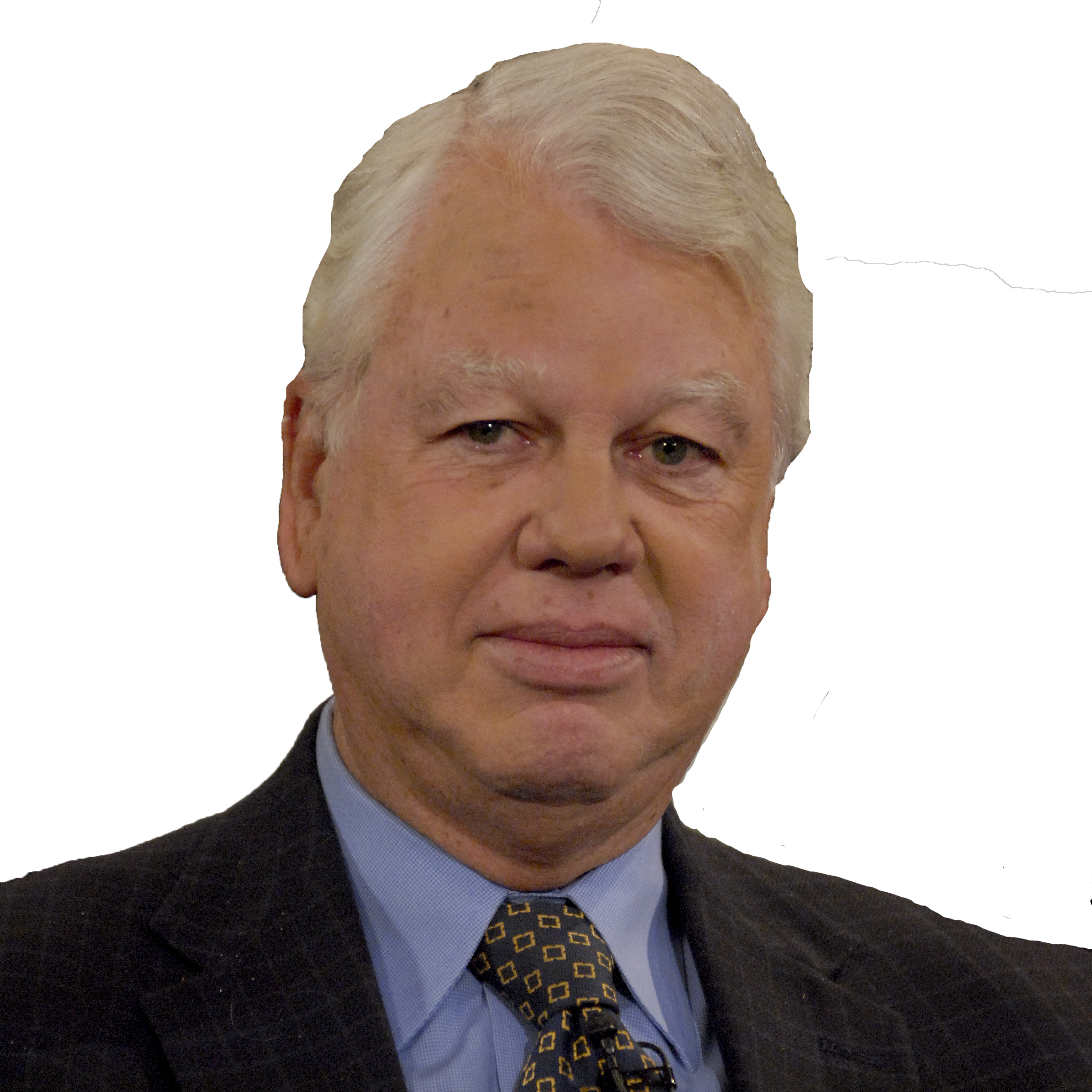 Bob Ryan
Bob Ryan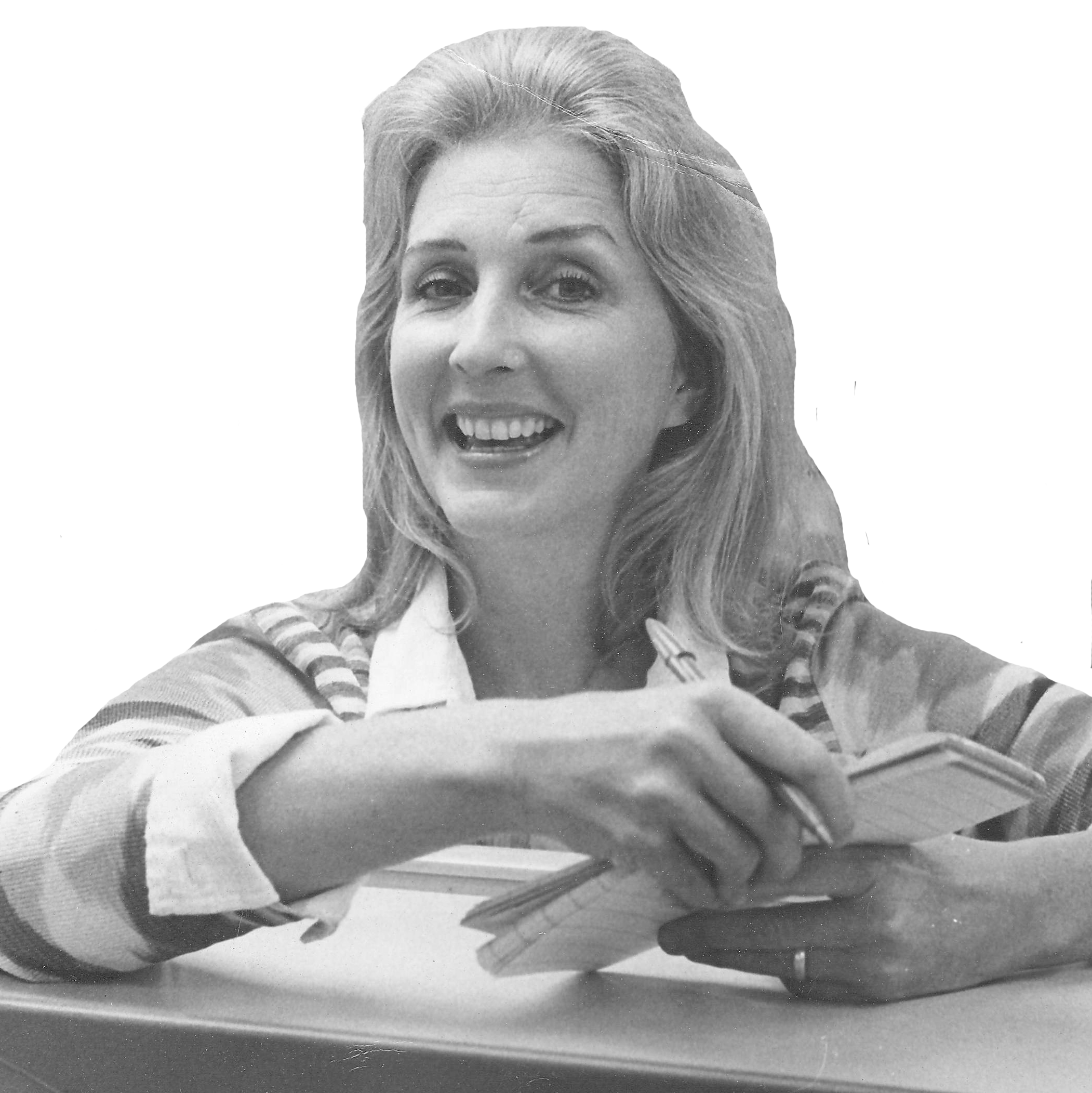 Joan Ryan
Joan Ryan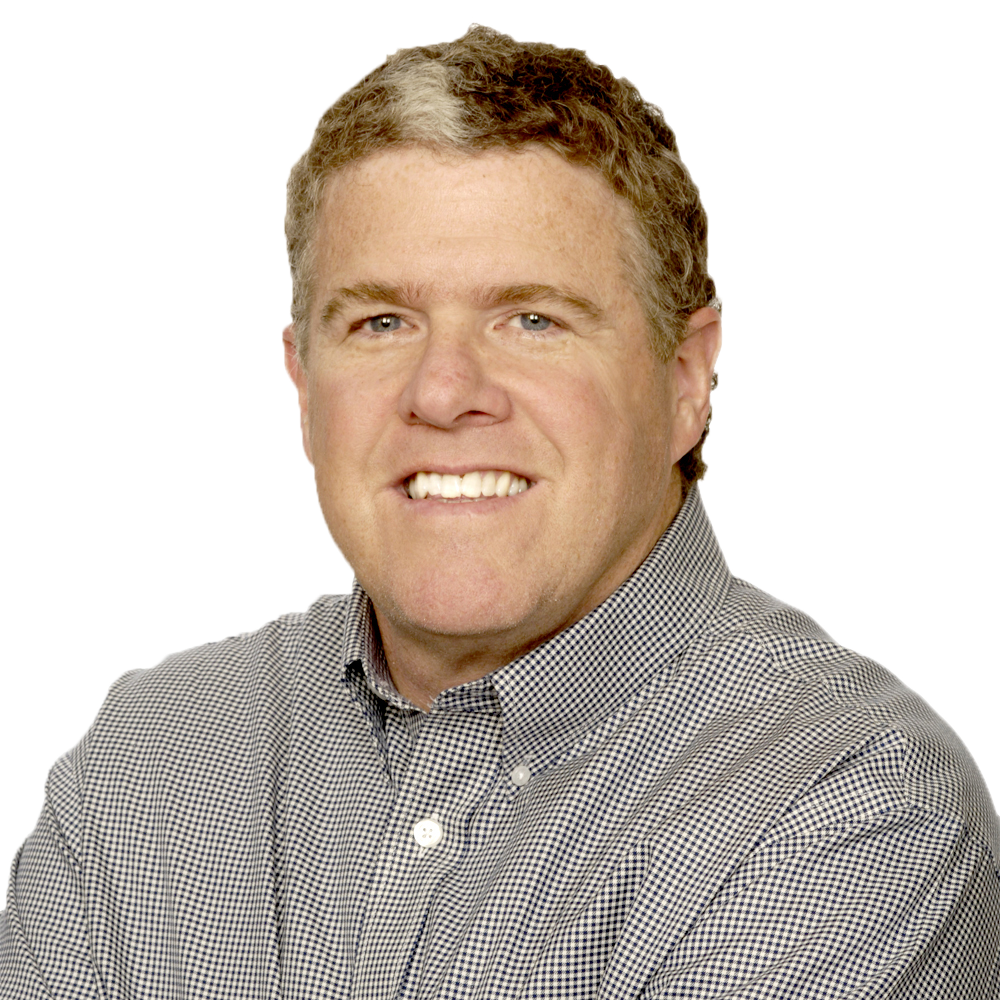 Peter King
Peter King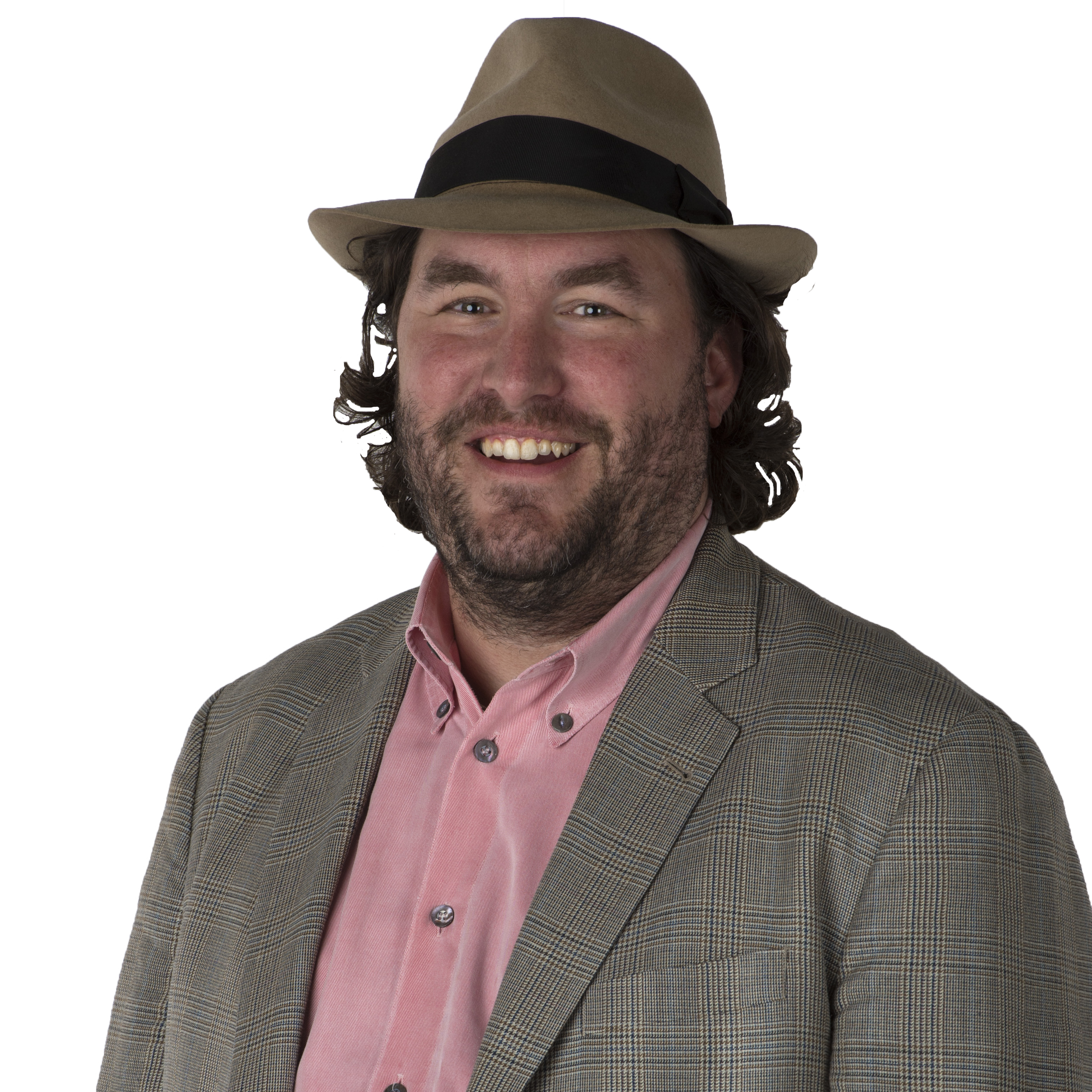 Wright Thompson
Wright Thompson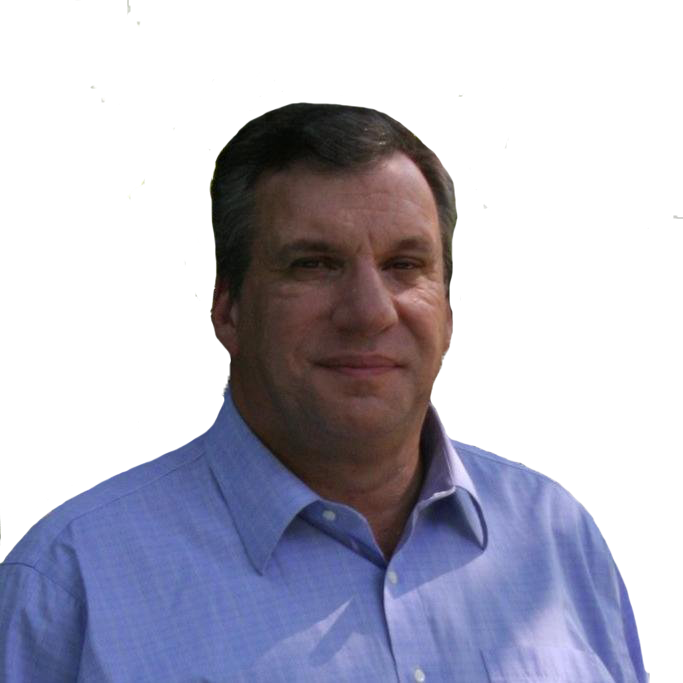 John Feinstein
John Feinstein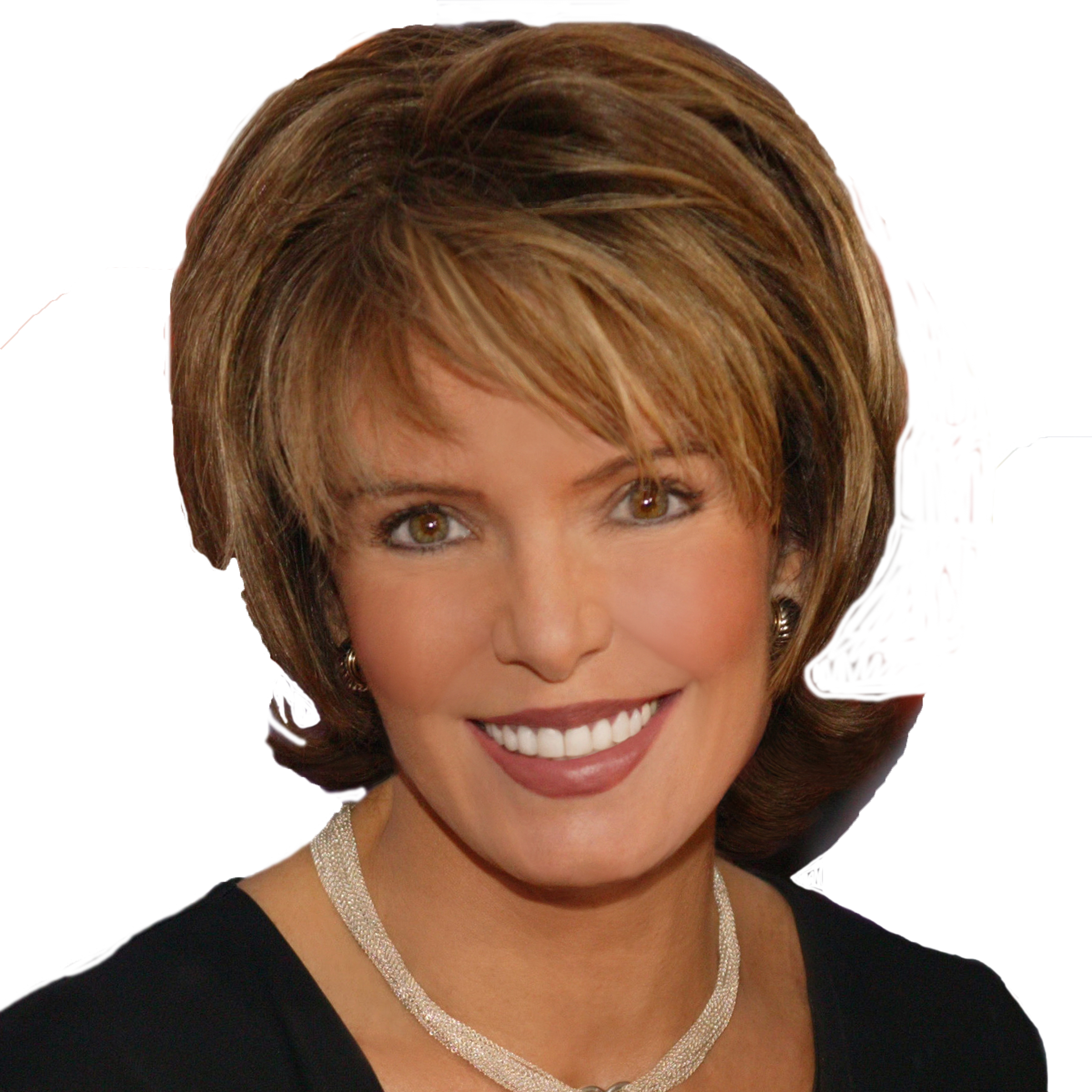 Lesley Visser
Lesley Visser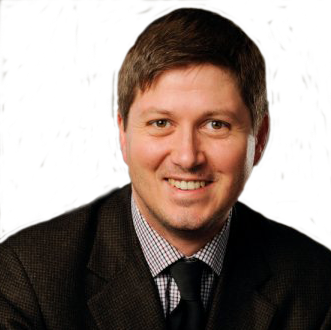 Will Leitch
Will Leitch Tim Kurkjian
Tim Kurkjian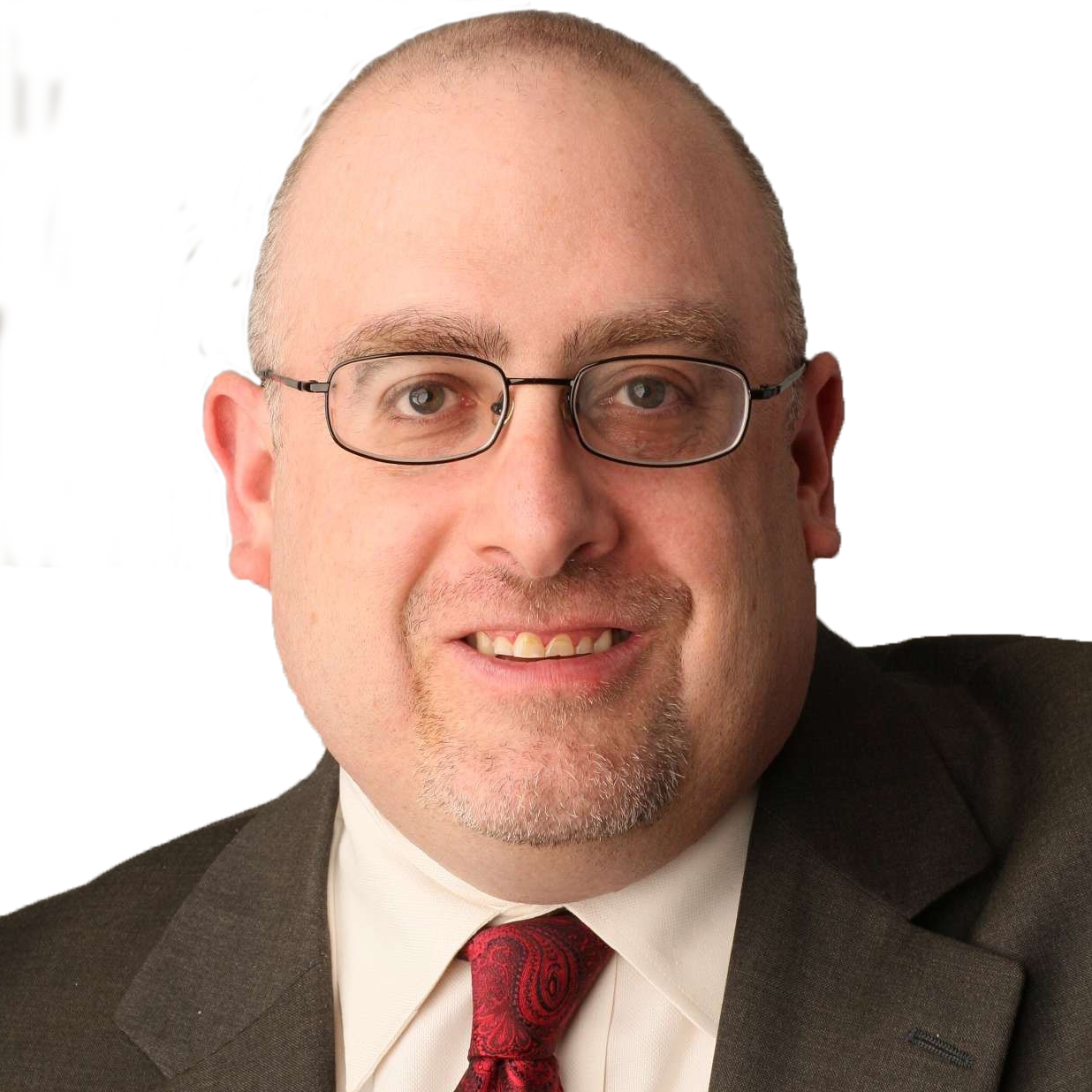 Joe Posnanski
Joe Posnanski
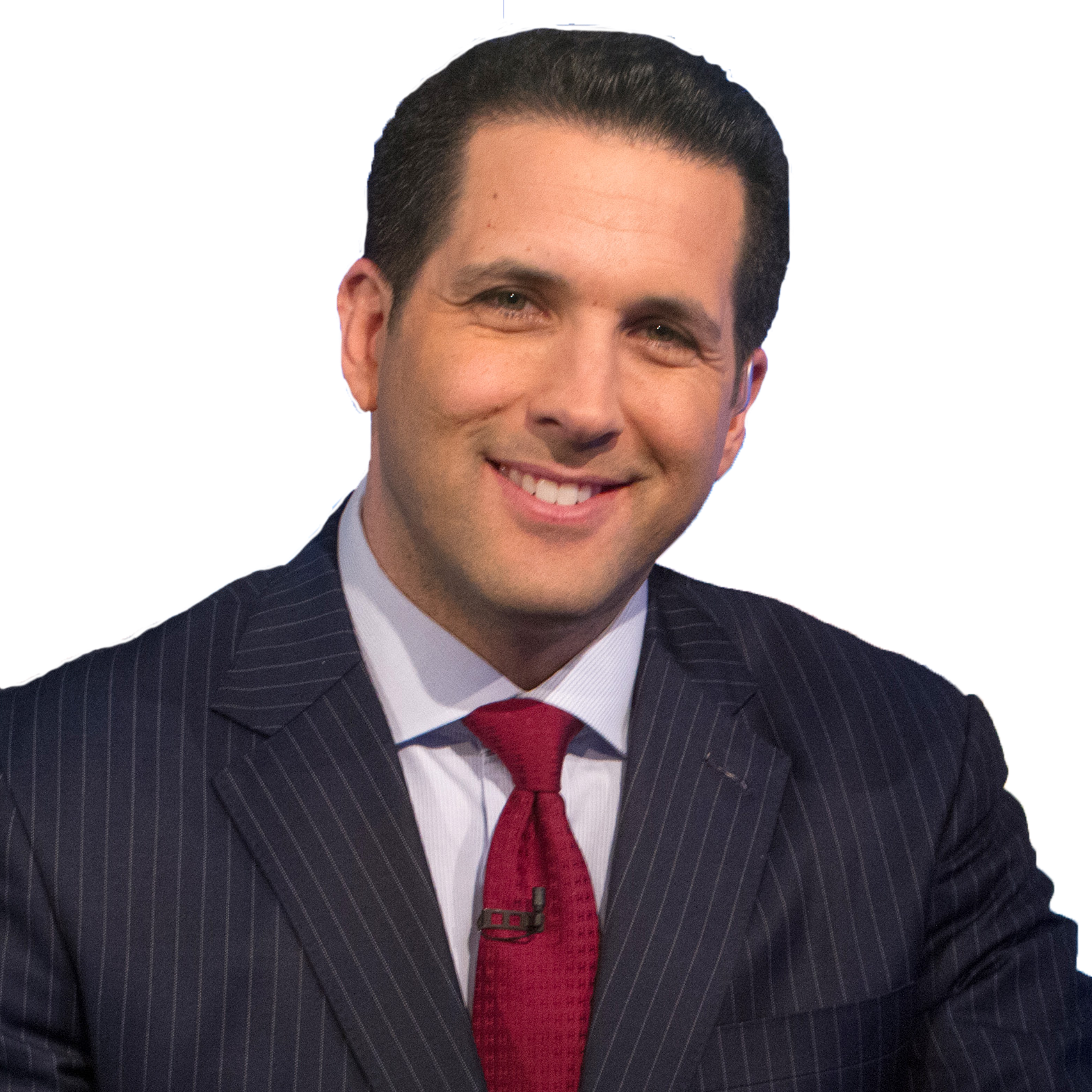 Adam Schefter
Adam Schefter
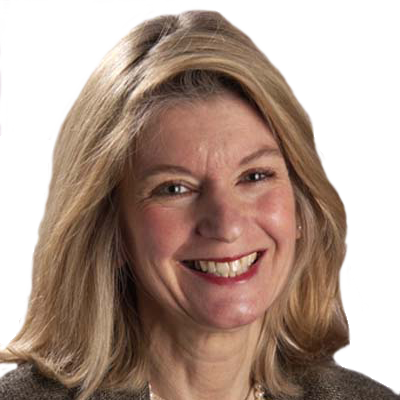 Terry Taylor
Terry Taylor
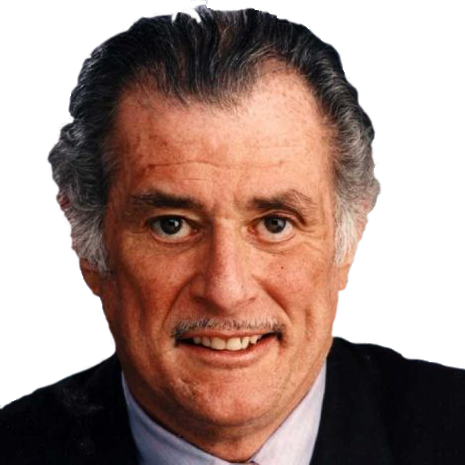 Frank Deford
Frank Deford
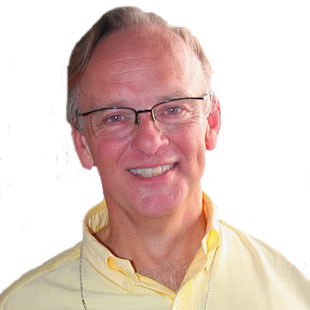 Tom Boswell
Tom Boswell
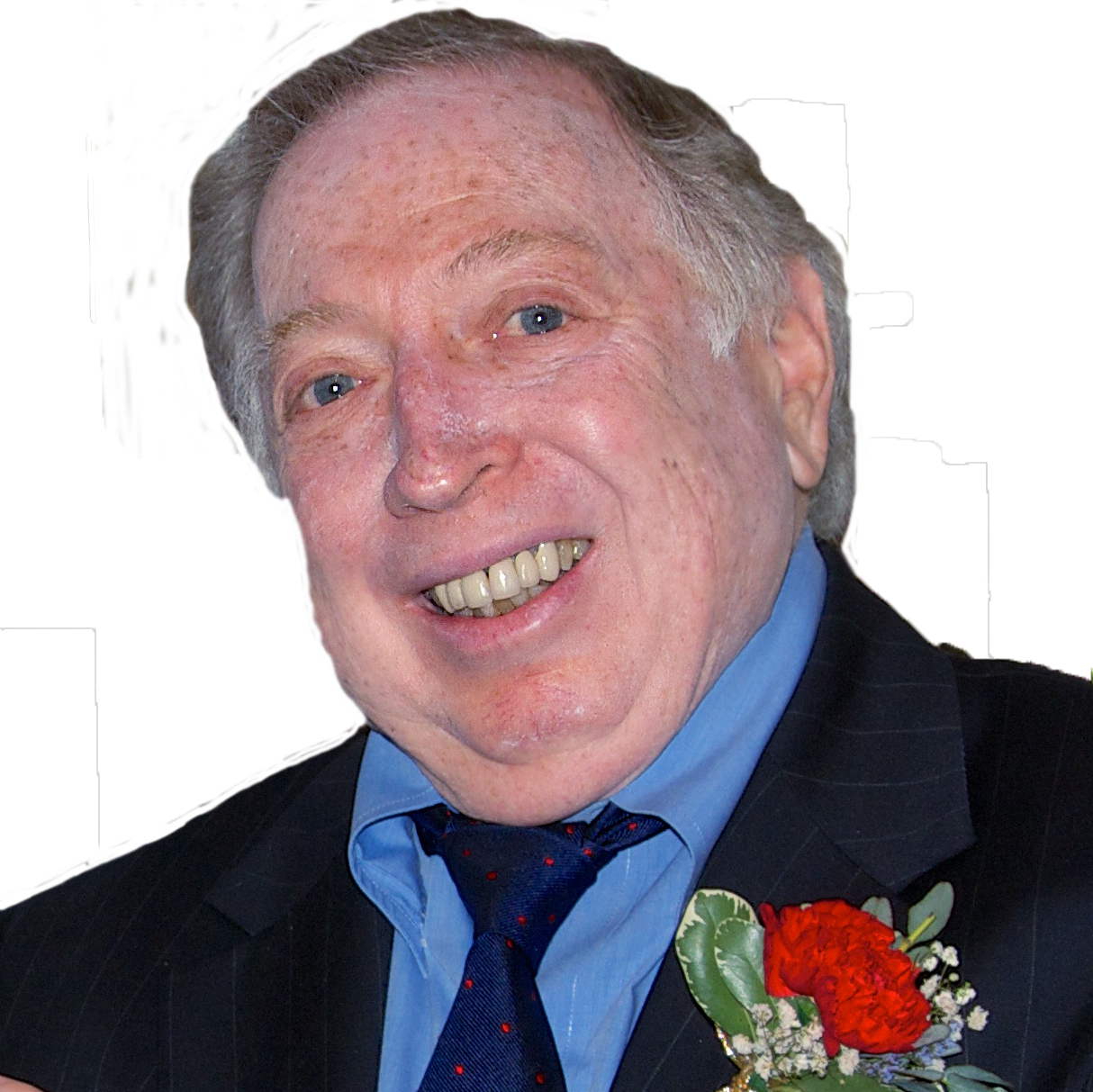 Neil Leifer
Neil Leifer
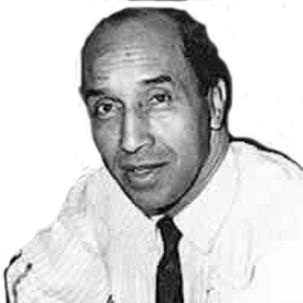 Sam Lacy
Sam Lacy
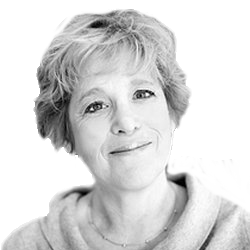 Jane Leavy
Jane Leavy Kevin Blackistone
Kevin Blackistone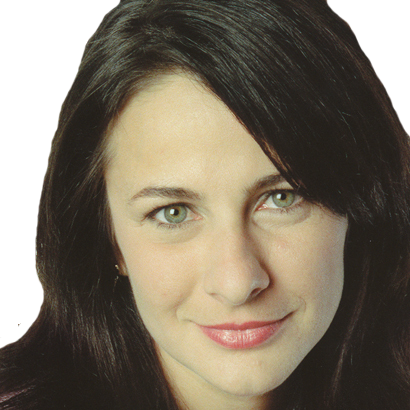 Juliet Macur
Juliet Macur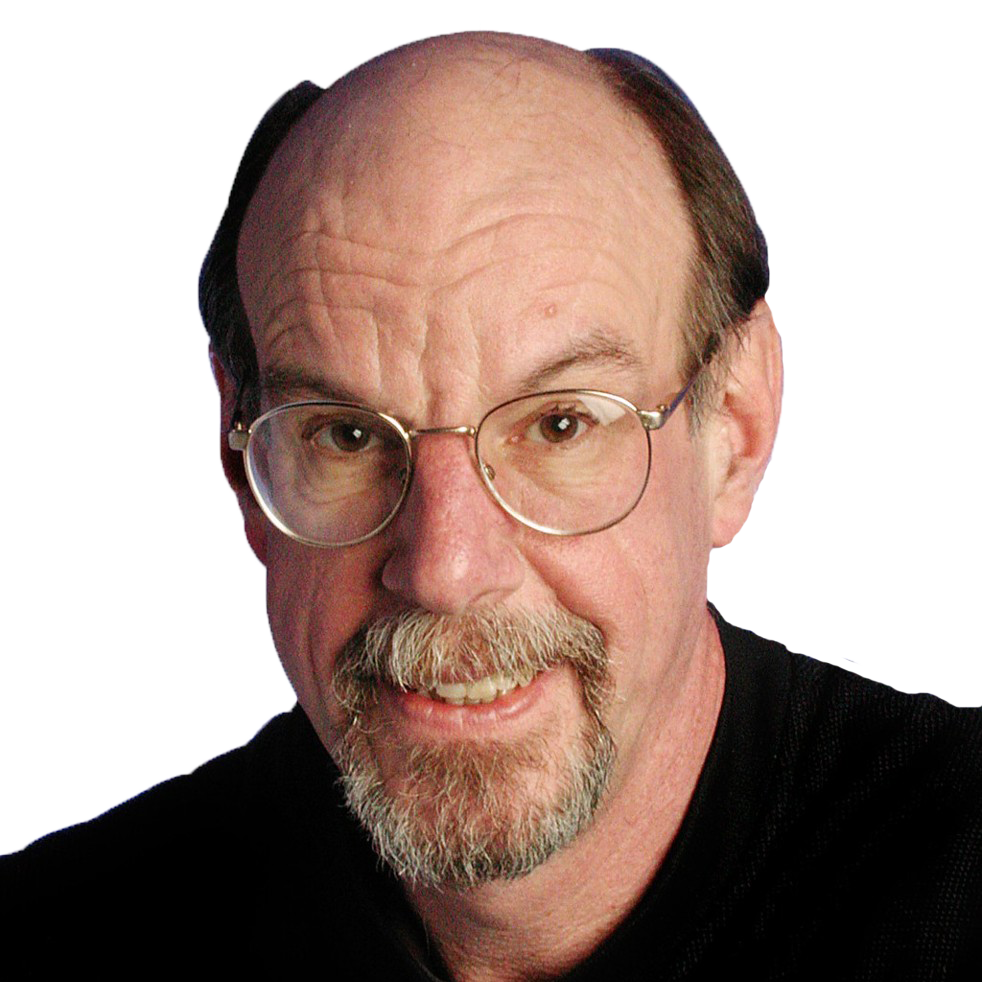 Andrew Beyer
Andrew Beyer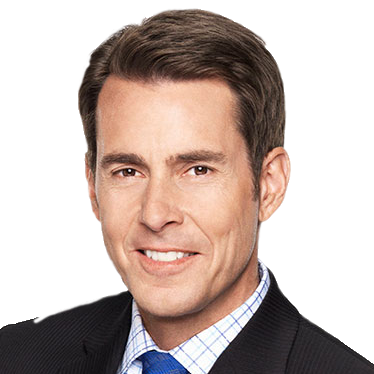 Tom Verducci
Tom Verducci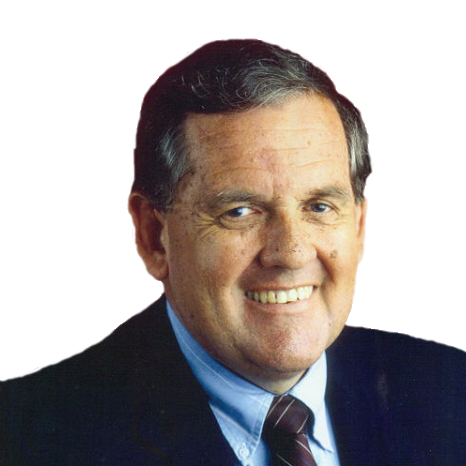 Hubert Mizell
Hubert Mizell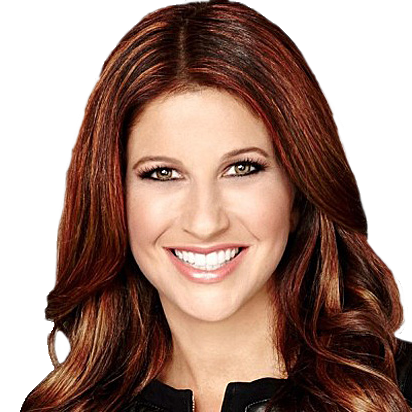 Rachel Nichols
Rachel Nichols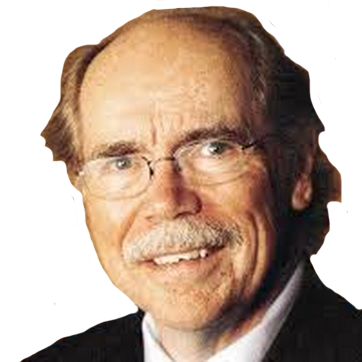 Dave Kindred
Dave Kindred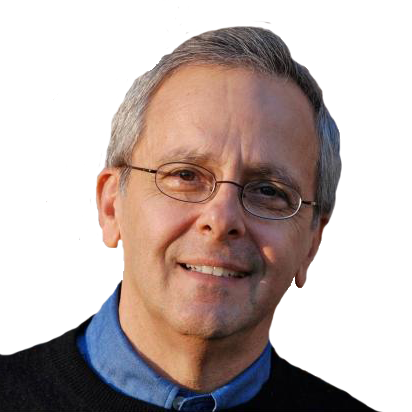 Mike Lupica
Mike Lupica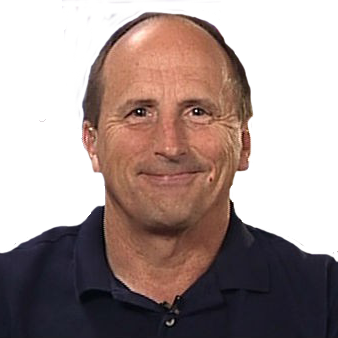 Richard Justice
Richard Justice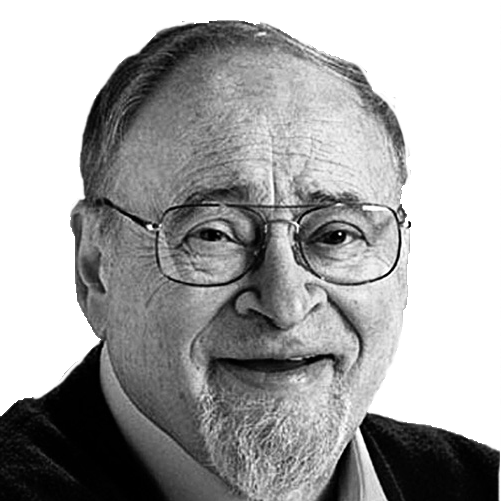 Jerry Izenberg
Jerry Izenberg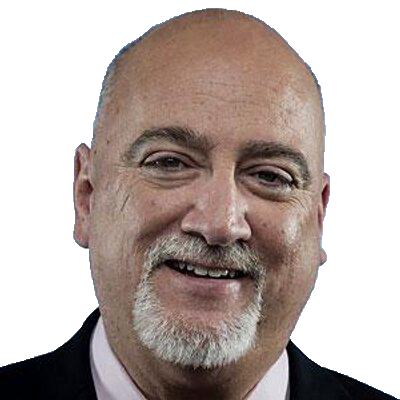 Bill Plaschke
Bill Plaschke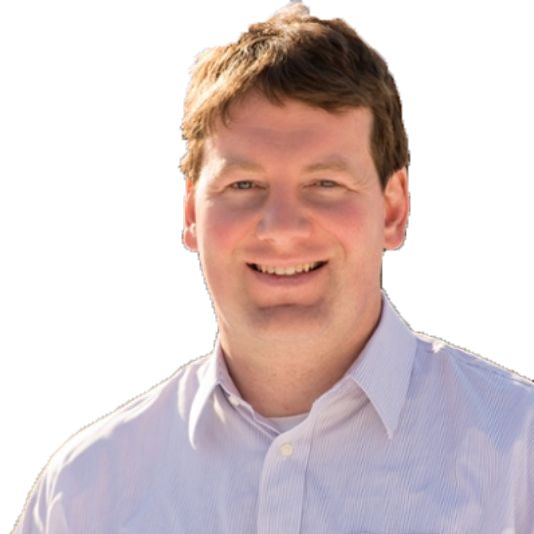 Kevin Van Valkenburg
Kevin Van Valkenburg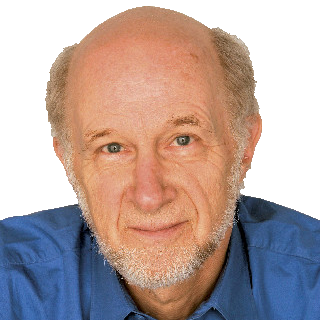 George Vecsey
George Vecsey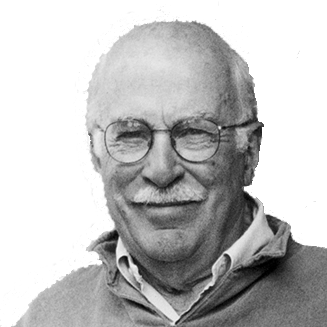 Roger Angell
Roger Angell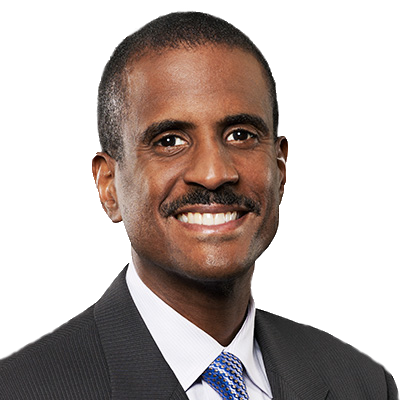 David Aldridge
David Aldridge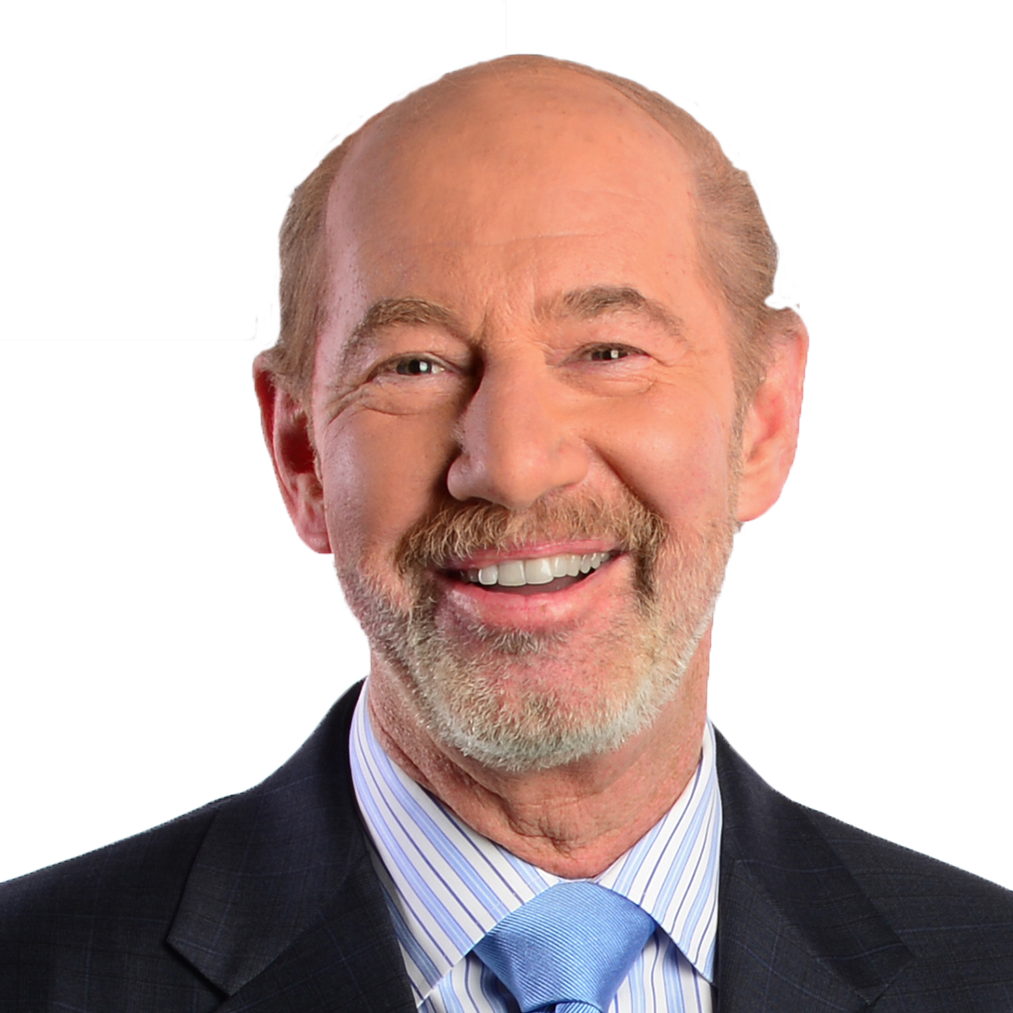 Tony Kornheiser
Tony Kornheiser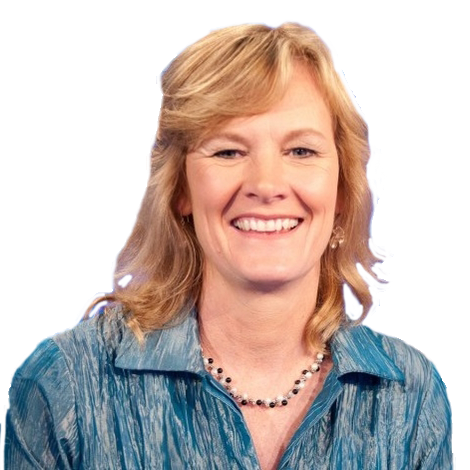 Jackie MacMullan
Jackie MacMullan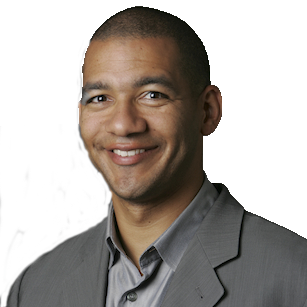 J.A. Adande
J.A. Adande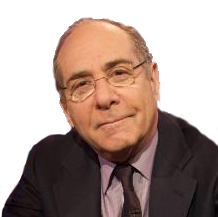 Robert Lipsyte
Robert Lipsyte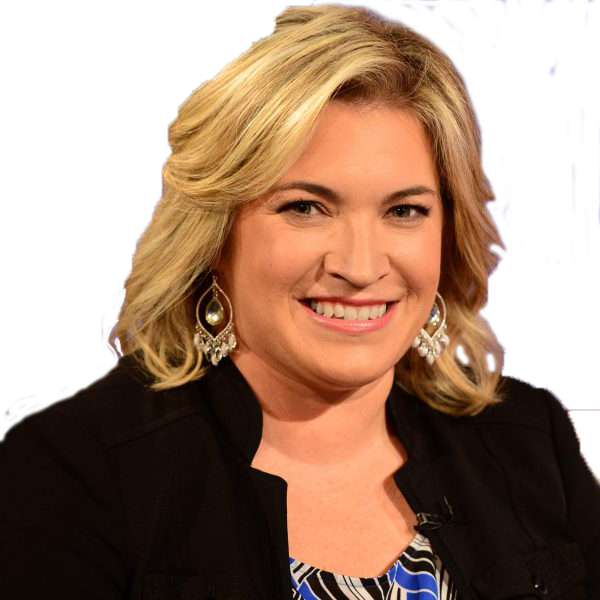 Ramona Shelburne
Ramona Shelburne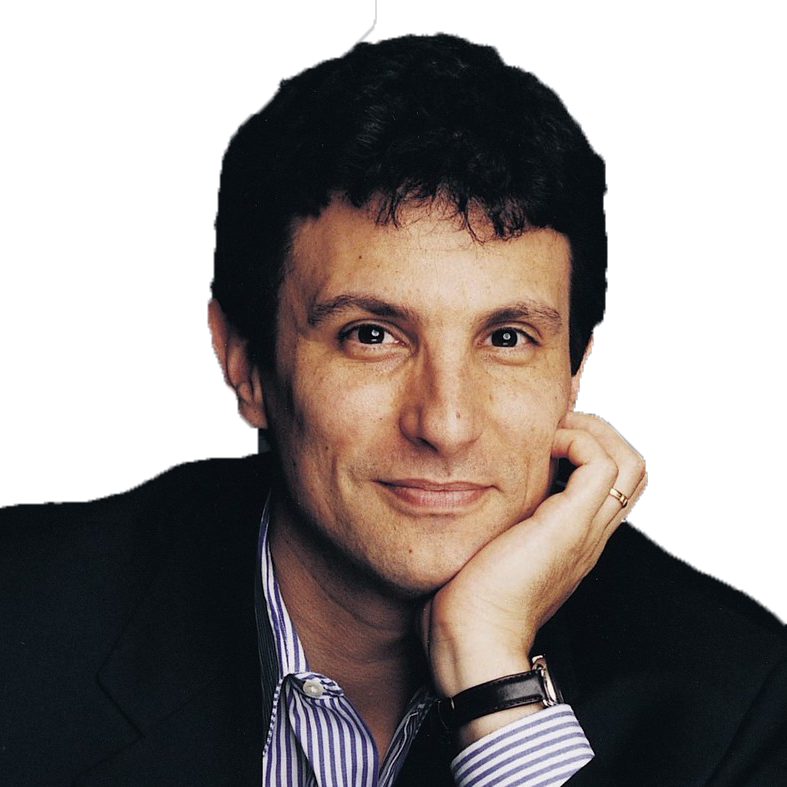 David Remnick
David Remnick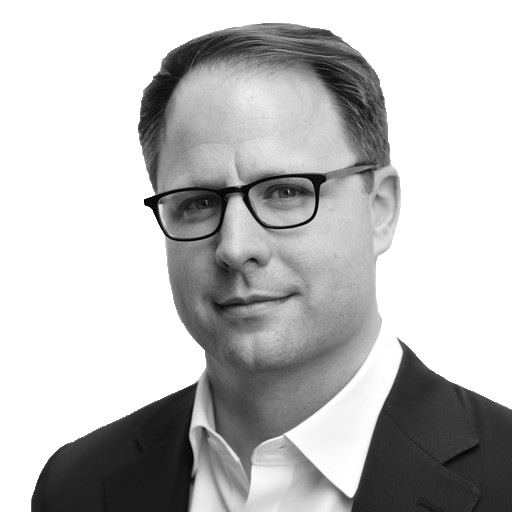 Bryan Curtis
Bryan Curtis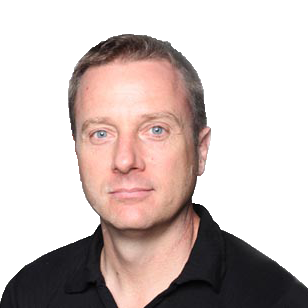 Chuck Culpepper
Chuck Culpepper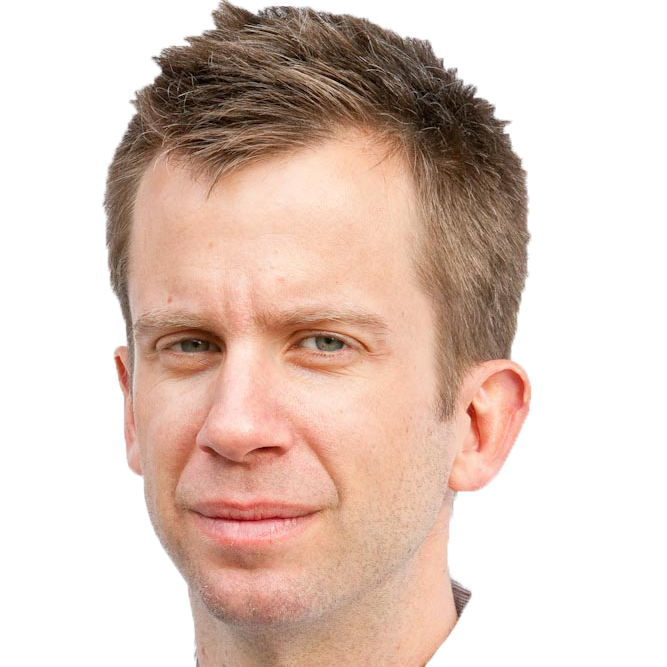 Jason Gay
Jason Gay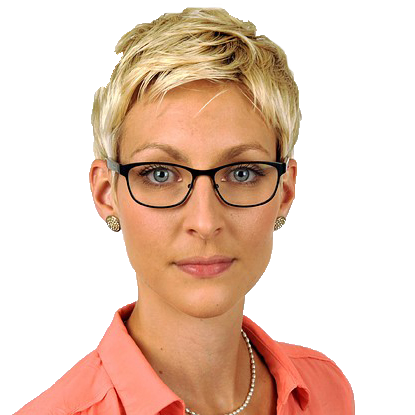 Heidi Blake
Heidi Blake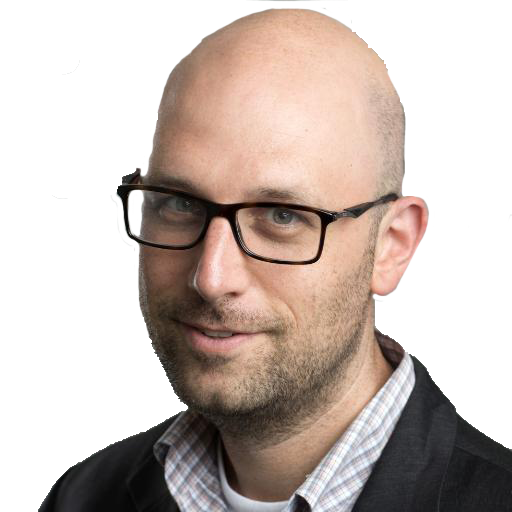 Dan Steinberg
Dan Steinberg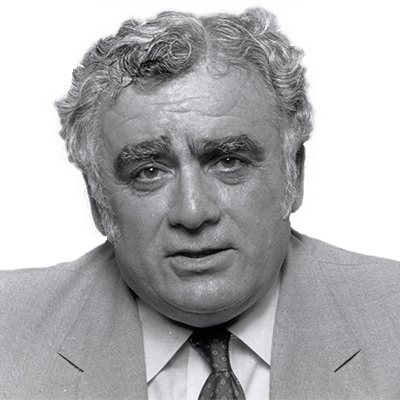 Jerome Holtzman
Jerome Holtzman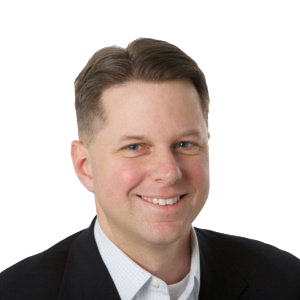 Barry Svrluga
Barry Svrluga
